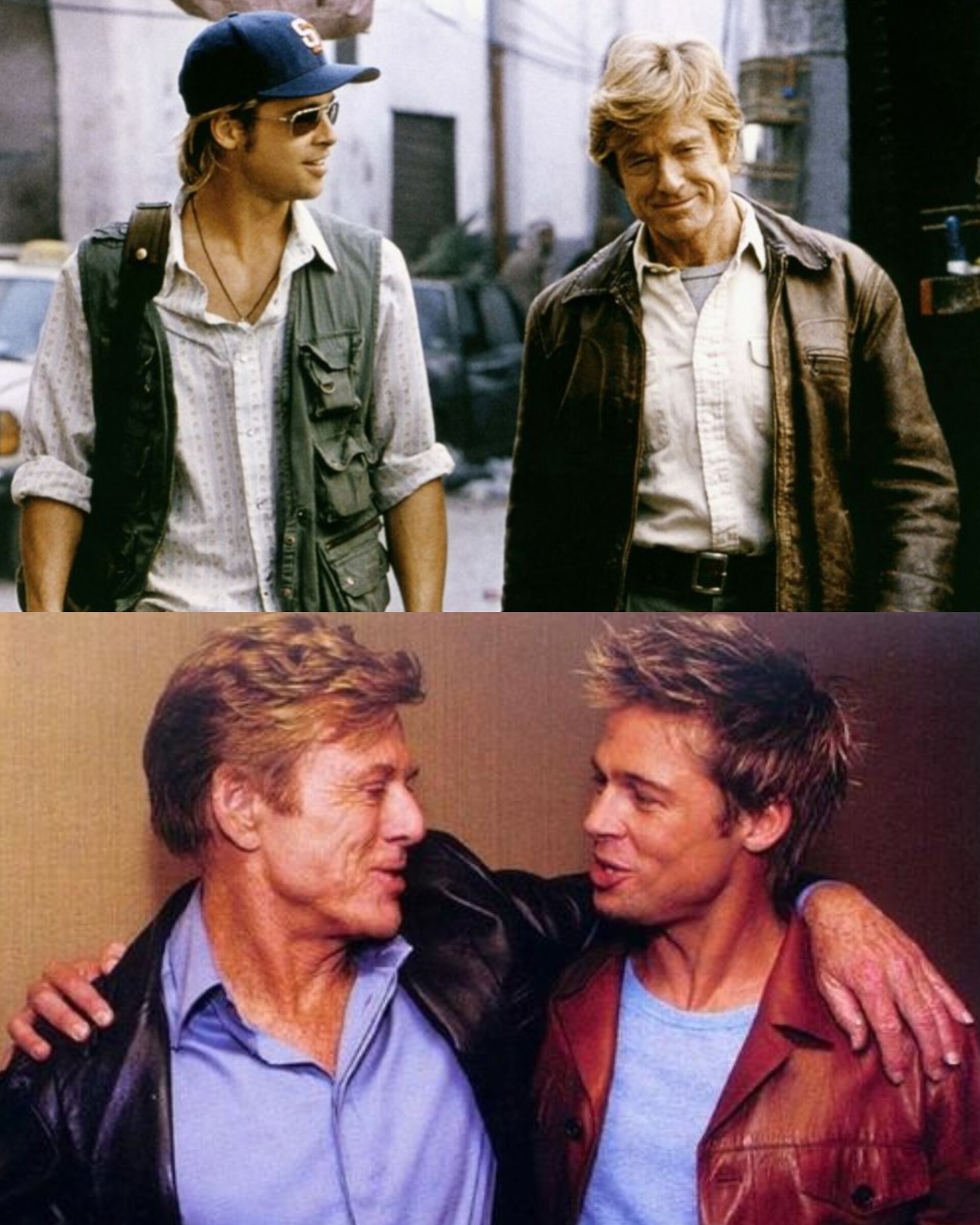Spy Game (2001), directed by Tony Scott, is a slick, tightly-wound espionage thriller that pairs the gravitas of Robert Redford with the intensity of Brad Pitt, resulting in a cerebral yet emotionally grounded cat-and-mouse drama. Set at the tail end of the Cold War, the film unfolds over a single day at CIA headquarters as veteran operative Nathan Muir (Redford), on the brink of retirement, learns that his protégé Tom Bishop (Pitt) has been captured in China during an unauthorized mission—and is being disavowed by the Agency.
From that tense premise, the film cuts back and forth between the present and a series of flashbacks spanning Vietnam, Berlin, and Beirut, chronicling the bond between Muir and Bishop—mentor and pupil, spy and idealist. As the clock ticks, Muir uses every bit of cunning and experience to manipulate his way through bureaucratic red tape, trying to save Bishop without revealing his hand.


Redford is magnetic as Muir, a master strategist with a cool demeanor and sharp moral ambiguity. He plays the part with layers of weariness and wit, a man who’s seen it all and trusts no one. Pitt matches him with youthful conviction and emotional fire, embodying a field agent who still believes in right and wrong—until the job starts tearing those lines apart.
Tony Scott directs with his signature kinetic style—quick cuts, grainy flashbacks, and a pulsing score by Harry Gregson-Williams. Yet, beneath the visual bravado lies a film rooted in relationships and ideology, where action takes a backseat to psychological tension and power plays.
Spy Game is not about shootouts or chase scenes—it’s about loyalty, sacrifice, and the games spies play not just with enemies, but with their own conscience. Intelligent, sharp, and quietly moving beneath the surface.

